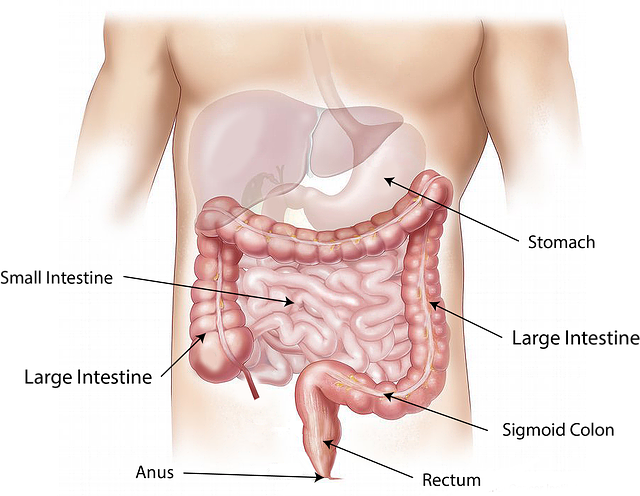How to Talk to Your Doctor
(Gastroenterologist or Otherwise)
Receive a free 50+ page guide with gut rebuilding recipes and tips from 45 wellness experts, courtesy of gut health expert Summer Bock. Also check out her Better Belly Project 2.0.

According to Ronald Hoffman, MD, author of the book How to Talk to Your Doctor, if you want to use the best of both worlds—conventional and alternative medicine—to address your chronic health complaints, some communication techniques can help. Here are some suggestions:
- Be respectful.
- State your case, but don't be confrontational.
- Assess your doctor's reaction to what you have said (you might need to part ways if he or she reacts negatively).
- Be cooperative.
My Suggestions About How to Talk to Your Doctor
From my personal experience, I would add the following suggestions about how to talk to your doctor:
- Consider yourself a partner with your doctor on your health journey, and act accordingly.
For example, be assertive and ask questions if you don't understand what your doctor is saying. Doctors are not gods enthroned on a pedestal with their heads high above our own. During our office visits, we sit across from each other, eye to eye.
And if you have ideas of your own, such as testing you would like to consider or a theory about why you have gastroesophageal reflux disease (GERD), speak up. Share your thoughts and theories. - Say what you
need to say, respectfully, but don't try to take control of your
discussion with your doctor. During office visits, most doctors expect to
be in the driver's seat, and it could be off-putting to them if you
attempt to grab the steering wheel.
So don't do all the talking, but don't let your doctor do all the talking either. Your exchange should be back and forth, not just going in one direction. -
Yes, be
cooperative, but don't agree to do something you know you won't
do.
For example, personal experience has shown me that a supplement containing hydrochloric acid (HCL) with pepsin helps me digest my food. As a result of taking this supplement with every protein-containing meal, my chronic symptoms of indigestion and gas have been drastically reduced. In fact, the vast majority of the time, I don't experience these symptoms at all.
I will never agree to stop this supplement—unless I finally achieve the Happy Belly I'm seeking. An exception: If testing requires me to temporarily stop all digestive aids for an accurate result, I will do so. However, after the testing is done, I will immediately return to my usual supplement regimen.
-
Above all, be
honest.
For example, if you aren't taking the acid blocker that your doctor has prescribed for you, don't lie and say you are. Instead, explain why you aren't.
Another example: If you have been diagnosed with celiac disease or non-celiac gluten sensitivity and you consumed gluten over the weekend, tell your doctor at your next office visit. He or she might share information or resources that could help you more easily comply with the gluten-free diet.
CeliacFAQ.com home page > Articles > How to Talk to Your Doctor


